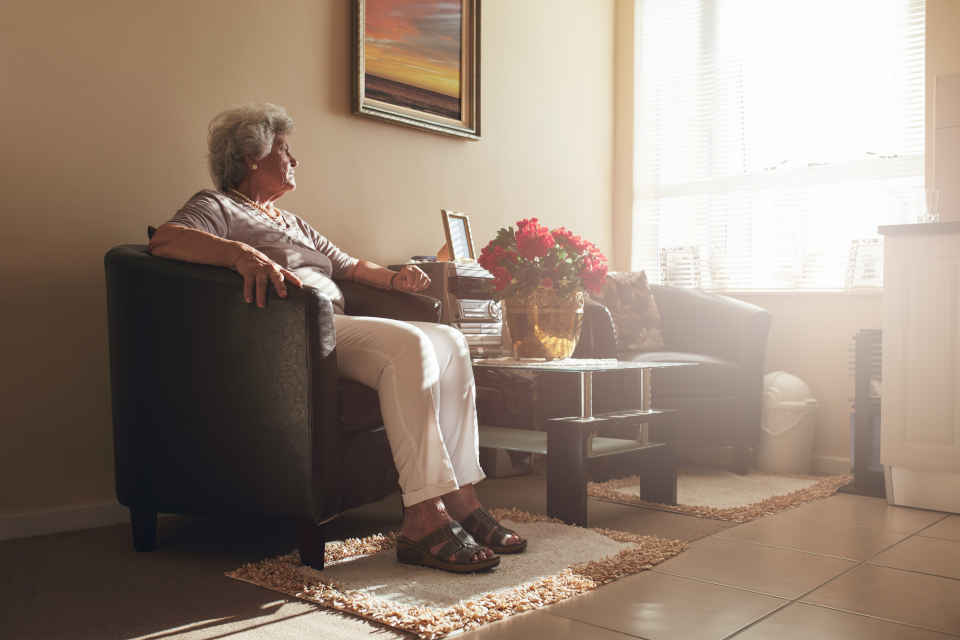“The hospital of the future in your living room” – Jeff Huber, CEO Home Instead Senior Care
While most wait for life to change back to ‘normal’ after COVID-19, there are some of us in the healthcare field that realize that while some things will eventually return to a familiar normal, other things will most likely be changed permanently.
For instance, TeleHealth—healthcare appointments via phone or video, has been widely used since the outbreak of the coronavirus. I believe this mode of delivering care and communicating with your provider is here to stay. For the industry model of healthcare delivery, it is efficient in time and money, making it a valuable change to the business of health. However there are a few shortcomings, and that is where I come in.
A client with dementia, chronic illness, suffering from pain, mental decline, or mental illness will not be able to communicate effectively over the phone. Their questions that may have come up a few days prior to the appointment are most likely to be forgotten. The practitioner won’t be able to intuit the questions that need to be asked. As a Geriatric Care Manager, I am the eyes and ears for the healthcare provider. I pick up the nuances of the client’s needs, whether it is side effects from medication, poor sleep, poor nutrition, or decline in mobility or stability I can communicate with the provider head on. All of these things that may seem small, left untreated and unaddressed, can develop into serious and avoidable medical and health problems.
I believe in addressing the holistic health for our aging seniors. The traditional western model of medicine offers treatment for symptoms and control of chronic illness and disease. While these treatments are valuable, lengthen life spans, and alleviate pain, there is the ‘other’ side of the client that often is overlooked. The human side. The emotional, social, and mental needs of the client are often ignored. Seniors all too easily ‘give up’ and chock unmet needs up to general phrases like: ‘It is no fun getting old’. ‘The Golden years aren’t all they are cracked up to be’. And other heartbreaking comments like: ‘I miss walking, swimming, playing tennis’. ‘I wish I could do those things I used to do’. What we are ignoring here is a replacement or addition for their limited abilities. Instead of playing tennis, would they benefit from watching a tennis match on television or You Tube? How about therapeutic swimming with a physical therapist?
Let’s change the conversation about aging. Instead of normalizing loss, let’s open a discussion for new ways to step into aging well.

